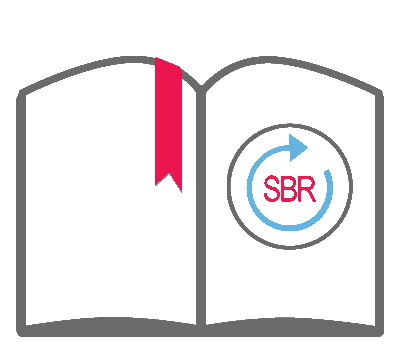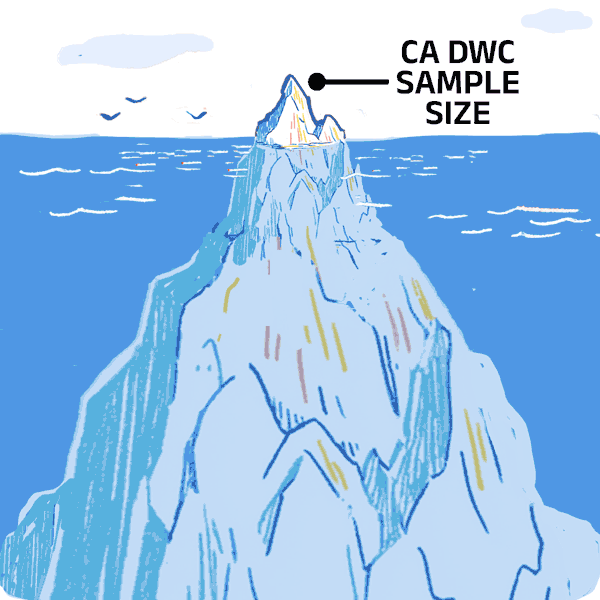What’s New for Workers’ Comp in 2018: CA Senate Bill 1160

In 2016 California passed Senate Bill 1160, which heralded significant workers’ compensation reform. SB 1160 outlined major changes to authorization, utilization review, lien filing, billing deadlines, and more. Some changes took effect in 2017, while others are newly effective, as of January 1 this year.
Let’s take a look at the major changes SB 1160 brings to workers’ comp in 2018.
Authorization and Utilization Review
First and foremost, SB 1160 radically altered the RFA and UR processes by adding a streamlined “automatic” authorization for certain treatments under certain conditions. We’ve discussed those conditions and new submission timeframes at length on our blog. Entities conducting UR for all treatments are also subject to new requirements.
The changes are outlined in the new Labor Code Section 4610. SB 1160 repealed the previous § 4610 and replaced it with the current version, effective January 1.
Automatic Authorization
Rule/Procedure |
2017 |
2018 |
Submit RFA |
Provider submits RFA for prospective utilization review before providing treatment. |
Treatments that meet 6 required conditions are automatically authorized. Provider submits RFA within 5 days of providing “automatically” authorized service. |
Submit Original Bill |
Provider submits original bill within 12 months of date of service |
Provider submits original bill for automatically authorized services within 30 days of date of service for non-emergency treatment, or 180 days for emergency treatment (12 months for non-automatically authorized services) |
Utilization Review
Rule/Procedure |
2017 |
2018 |
Utilization Review Accreditation |
No accreditation for UR entities or processes
Processes may be internal and undisclosed |
Entities accredited and held to specific standards regarding timeliness, “medical material” used, and rules against financial incentives
Processes must be disclosed to employees, physicians, and the public |
Financial incentives for UR decisions |
Financial rewards for modify/deny decisions permissible |
Financial rewards for modify/deny decisions barred |
Financial relationships with entities conducting UR |
Insurers and TPAs may refer UR to entities in which they have undisclosed financial interest |
Insurers and TPA’s may only refer UR to entities in which they have financial interest after providing full written disclosure to the employer and the DWC Administrative Director |
Independent Medical Review (IMR)
The official approval and adoption of an evidence-based drug formulary per Assembly Bill 1124 also affects the new rules under SB 1160. Previously, an injured worker could challenge a UR decision by filing for Independent Medical Review (IMR) within 30 days of receipt (providers may assist in this process, but only the patient can initiate the dispute).
Now, disputes regarding authorization for medication are subject to the drug formulary, and injured workers face tighter deadlines for requesting IMR.
Rule/Procedure |
2017 |
2018 |
Disputes regarding medical necessity of drugs |
Injured workers must file for IMR within 30 days of receiving UR decision for all treatments
|
Injured workers must file for IMR within 10 days of receiving modify or deny UR decisions for drugs
UR and IMR decisions subject to drug formulary per MTUS |
Denied Claims
SB 1160 also required the DWC to adopt rules for when an employer denies an employee’s workers’ compensation claim. Following denial, the employer must provide notice of the employee’s right to access medical treatment outside the worker’s comp system.
The notice must contain a DWC-approved statement outlining employee rights, found in California Code of Regulations (CCR) § 9812. Some (including ourselves here at DaisyBill) found the proposed required language unclear and potentially misleading, in spite of its stated aims.
Rule/Procedure |
2017 |
2018 |
Denied claim |
No notice required |
Following denial of a claim, the employer must issue notice of the employee’s right to seek treatment outside the workers’ comp system, worded per CCR § 9812 |
Interpreter Services
2018 brings new rules regarding the credentials and payment of language interpreters. SB 1160 standardizes payment and credentialing, while clarifying where the responsibility to reimburse interpreters falls.
Rule/Procedure |
2017 |
2018 |
Interpreter credentials and identification |
No DWC- established credentials for interpreters |
DWC Administrative Director establishes criteria for interpreter credentials and identification. |
Attorney Fees
The DWC Administrative Director is now empowered to determine a range of fees employers or insurers must pay to cover the cost of attorneys for deponents in appeals board cases, the specific fee in each case to be determined by the appeals board itself.
Rule/Procedure |
2017 |
2018 |
Attorney fees for deponents in WCAB cases |
No provision for determining acceptable range of attorney fees |
DWC Administrative Director determines range of reasonable fees for deponent’s attorney. |
daisyBill offers a full suite of cloud-based billing software to help providers easily obtain the correct reimbursement. Schedule a free demonstration today, and see how daisyBill can improve your bottom line.
REQUEST DEMO
DaisyBill provides content as an insightful service to its readers and clients. It does not offer legal advice and cannot guarantee the accuracy or suitability of its content for a particular purpose.




.png)